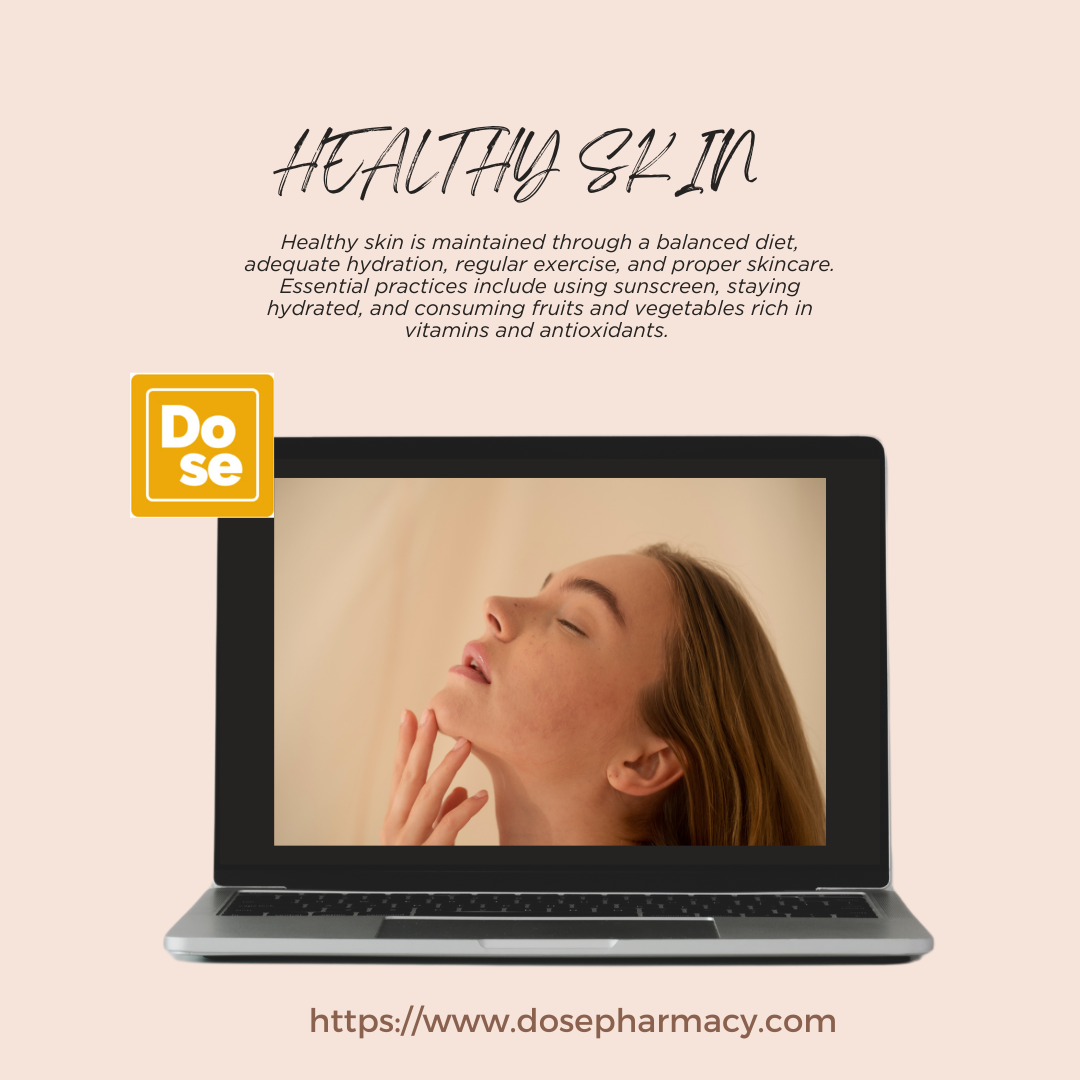Buy Accutane Online often known by its brand name Accutane, is a potent medication used to treat severe acne that has not responded to other treatments. It is a derivative of vitamin A and works by addressing several causes of acne simultaneously. This article explores how isotretinoin affects skin health, what patients can expect during treatment, and how to manage the side effects effectively.
How Isotretinoin Works
Isotretinoin is effective in treating acne due to its multifaceted approach:
- Reduces Sebum Production: One of the primary causes of acne is excessive oil production by sebaceous glands. Isotretinoin significantly decreases the size and activity of these glands, reducing the amount of sebum produced and preventing clogged pores.
- Decreases Acne-Bacteria Growth: The medication also has antimicrobial properties that reduce the presence of acne-causing bacteria on the skin, contributing to a decrease in inflammation and acne lesions.
- Prevents Clogged Pores: Isotretinoin helps normalize the shedding of skin cells within hair follicles, preventing them from becoming clogged with dead skin cells and sebum, which leads to acne formation.
- Reduces Inflammation: By decreasing the inflammation associated with acne, isotretinoin helps to improve the overall appearance and texture of the skin.
What to Expect During Treatment
- Initial Consultation and Testing: Before starting isotretinoin, patients undergo a thorough evaluation. This includes assessing their medical history, and current medications, and conducting blood tests to evaluate liver function and cholesterol levels. Women of childbearing age must have a negative pregnancy test, as isotretinoin can cause severe birth defects.
- Starting the Treatment: Buy Isotretinoin Online is typically prescribed in oral form, with dosages adjusted based on the patient’s weight and the severity of acne. Treatment usually lasts 4 to 6 months, with regular follow-up visits to monitor progress and adjust dosage if necessary.
- Skin Changes: During the initial weeks of treatment, patients may experience an increase in acne as the medication begins to work. This is a normal part of the process, as the skin adjusts to the changes. Over time, patients should notice a reduction in acne lesions and an overall improvement in skin appearance.
- Side Effects: Common side effects include:
- Dry Skin: Isotretinoin can cause significant dryness of the skin, lips, and eyes. Moisturizers and lip balms are essential to manage this symptom.
- Increased Sensitivity: The skin becomes more sensitive to sun exposure, making it crucial to use sunscreen with high SPF and avoid prolonged sun exposure.
- Initial Acne Flare-Up: Some patients may experience an increase in acne during the first few weeks of treatment before improvement is seen.
- Less common but more severe side effects include:
- Liver Damage: Regular blood tests are needed to monitor liver function.
- Elevated Cholesterol Levels: Isotretinoin can increase cholesterol and triglyceride levels, which requires monitoring.
- Mental Health Issues: Some patients report mood changes or depression. It’s essential to discuss any psychological symptoms with a healthcare provider.
- Pregnancy Prevention: Isotretinoin is known for its teratogenic effects, meaning it can cause severe birth defects if taken during pregnancy. Women of childbearing age must use effective contraception and undergo regular pregnancy tests during treatment. The iPLEDGE program in many countries mandates strict controls to prevent pregnancy during isotretinoin therapy.
- Post-Treatment Care: After completing isotretinoin treatment, patients often experience significant and long-lasting improvements in their acne. However, some may need additional treatments or maintenance therapy. Skin may continue to be sensitive for a period, so maintaining a gentle skincare routine and using non-comedogenic products is recommended.
- Long-Term Effects: Many patients experience long-term remission of acne after completing isotretinoin therapy, with fewer relapses compared to other treatments. However, some may require additional treatments to manage residual or recurring acne.
Managing Side Effects
- Hydration and Moisturization: To combat dryness, use heavy moisturizers and lip balms. Drinking plenty of water and using a humidifier can also help alleviate dry skin and lips.
- Sun Protection: Apply broad-spectrum sunscreen with a high SPF daily. Wear protective clothing and avoid tanning beds to protect sensitive skin from UV damage.
- Diet and Lifestyle: Maintaining a balanced diet and healthy lifestyle can support overall skin health. Some patients find that avoiding excessive sun exposure and consuming a diet rich in antioxidants helps manage side effects.
- Regular Monitoring: Attend all follow-up appointments and adhere to prescribed blood tests to monitor for potential side effects. Communicate any unusual symptoms or concerns with your healthcare provider promptly.
Conclusion
Isotretinoin is a highly effective treatment for severe acne, offering significant improvements in skin health and appearance. Understanding what to expect during treatment, including managing side effects and adhering to guidelines, can help patients achieve the best outcomes. By working closely with healthcare providers and following recommended precautions, patients can navigate the treatment process successfully and enjoy long-term benefits for their skin health.
